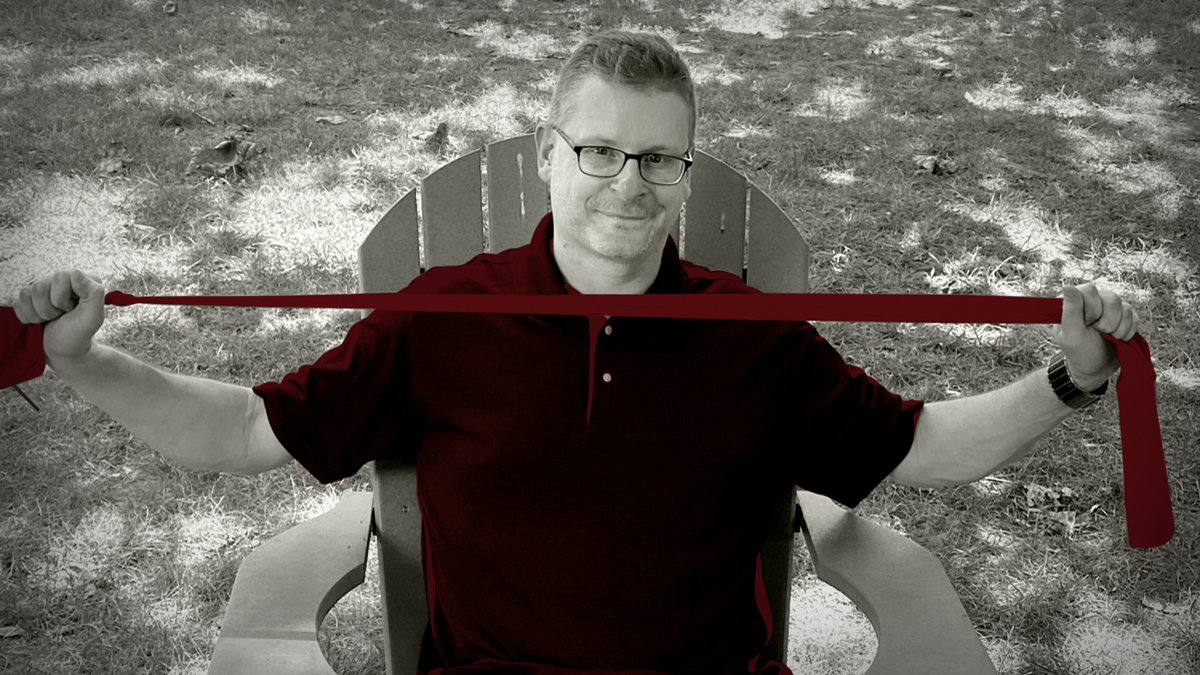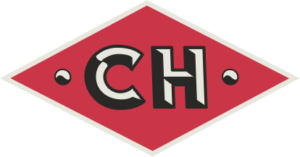Understanding the Loss of Habits

Last month, I messed up the ligaments in my ankle pretty good. (“Messed up pretty good” is a medical term of art—ask any doctor). Fortunately, my road to recovery appears to lie not through surgery but physical therapy. So, for the last six weeks, I’ve found myself in thrice-weekly sessions with a physical therapist (and my new best friend), Michelle.
Michelle has been pushing me forward, and I’ve been making solid progress. Then, last week I realized that it felt like physical therapy has always been a part of my weekly routine…even though it’s been only six weeks.
The speed with which my new PT routine became an ingrained habit gave me pause to consider all of the new habits that folks were forced to form this year. It also made me think of all the deeply entrenched habits that people have had to either modify or abandon.
Many leaders that I work with have struggled during the past six months to articulate precisely what they’re feeling. I believe that’s because what they’re feeling is loss due to the disruption of their habits.
The Disruption of Habits
Dr. Elliot Berkman, Director of the University of Oregon’s Social and Affective Neuroscience Laboratory, phrases the disruption of habits this way:
The time it takes to break a habit depends on three factors, which I describe in order of descending importance: First is the availability of an alternative habit. It’s much easier to start doing something new than to stop doing something habitual without a replacement behavior. That’s one reason why smoking cessation aids such as nicotine gum or inhalers tend to be more effective than the nicotine patch.
Second is the strength of the motivation to change. People who want to kick their habit for reasons that are aligned with their personal values will change their behavior faster than people who are doing it for external reasons such as pressure from others.
Third is the mental and physical ability to break the habit. Longtime habits are literally entrenched at the neural level, so they are powerful determinants of behavior. The good news is that people are nearly always capable of doing something else when they’re made aware of the habit and are sufficiently motivated to change.
Dr. Berkman’s excerpt discusses habit disruption from the standpoint of an individual who’s attempting to purposefully break one. Yet the habits that many of us were forced to break during COVID (going to the office, large social gatherings, mornings at Starbucks, our gym routine, etc.) happened abruptly and were imposed externally. As a result, people whose habits were disrupted did not have a replacement behavior at the ready, and internal motivation for change did not exist. Phrased more simply, we’ve lost something that was part of our daily routines, and we are still struggling with that loss as well as figuring out what to replace it with.
How Leaders Can Recover from the Loss of Habits and Routines
During the past several months, most people have understood on some level that they’ve suffered a loss. This is why so many have established new routines, discovered (or rediscovered) hobbies, and spent more time with loved ones. Yet how do leaders redress the loss of important routines and habits for both their organizations and their selves? The answer starts with a question: “What purpose did the lost habit serve?”
Once we understand why the habit existed, we can determine whether a replacement habit might help us achieve our goal. The most common way that this subject currently manifests is through the expressed desire to “return to the office.”
If your organization must have a physical presence to manufacture, build, or otherwise create something tangible, there are limited options for addressing that issue. However, if a high level of productivity is possible without a physical presence, then the question remains, “What purpose does our physical place of assembly serve?” Only once you begin to uncover the goals and objectives that were served by your physical location can you begin to identify and implement replacement habits to achieve your aims.
Got a question about habits, the role they play, and how best to achieve your goals? Drop me a line. I’m always interested in helping to distinguish between a healthy, productive habit and one that’s holding you back.
